
Cybersecurity consists of a set of practices, technologies, and methodologies aimed at protecting systems, networks, and data against unauthorized access, cyberattacks, persistent threats, and security failures. Its central goal is to ensure the confidentiality, integrity, and availability of information, especially in increasingly complex and interconnected digital environments.

CEDIS
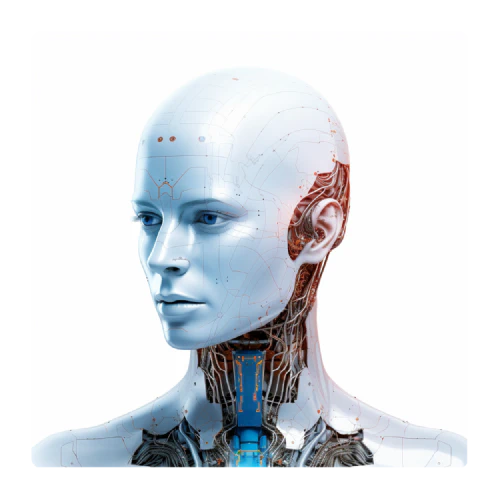
Artificial Intelligence (AI) is a branch of computer science that seeks to develop systems capable of mimicking and enhancing human abilities such as reasoning, learning, and perception. One of its most fascinating subareas is Natural Language Processing (NLP).

CEDIS

Gamification is a process that uses elements, techniques, and game design mechanics in contexts not related to games, aiming to increase user motivation, participation, and engagement. Gamification has been applied in various fields, such as education, marketing, health, and corporate training.

CEDIS

Research area involving the development and analysis of digital technologies (especially software) with the explicit goal of generating positive social impact, without profit-making or direct commercial exploitation. This approach is collaborative, interdisciplinary, and people-centered.

CEDIS
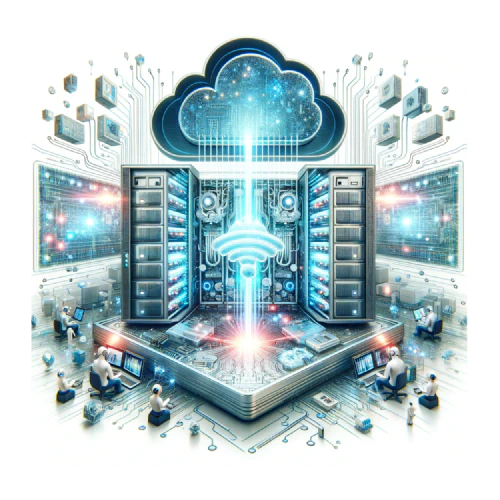
High-Performance Computing and Cloud Computing is a dynamic and essential field in computer science, focused on the development and application of advanced computing systems capable of processing large amounts of data at extremely high speeds.

CEDIS

An interdisciplinary area that combines data analysis, computer science, and educational psychology to enhance learning and educational environments. By collecting, analyzing, and interpreting data about learners and their contexts, it provides insights to personalize education, identify students who need more support, and improve educational outcomes.

CEDIS

Active learning methodologies in higher education have been gaining increasing relevance in the contemporary educational landscape, largely due to advancements in the science of learning.

CEDIS

Digital Transformation is the application of digital technologies to change business models and create new value opportunities. It involves reimagining operations and customer experiences, promoting innovation and efficiency.

CEDIS
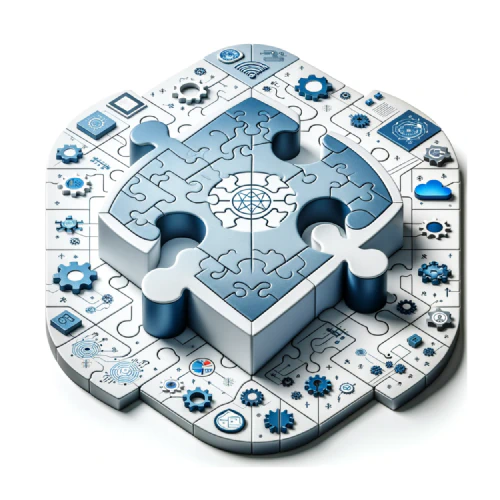
Software Architecture is a fundamental field in systems engineering involving the structural organization of software components, their interactions, and the guiding principles that define the design and evolution of systems. This area ensures the efficiency, scalability, and maintainability of software systems, directly impacting the quality and performance of applications.

CEDIS
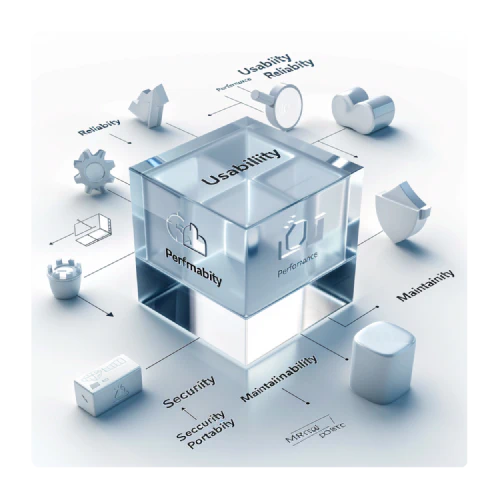
Constitutes a fundamental pillar in software engineering, directly reflecting on user satisfaction, operational efficiency, and the sustainability of computer systems.

CEDIS
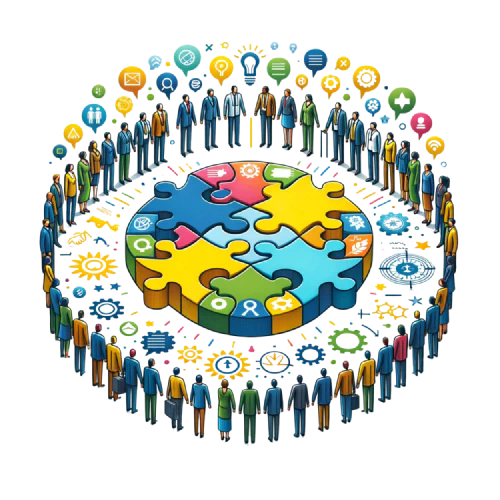
The area of Teamwork and Soft Skills is an interdisciplinary field in project management and software development, emphasizing the importance of interpersonal and behavioral skills for the success of IT teams.

CEDIS
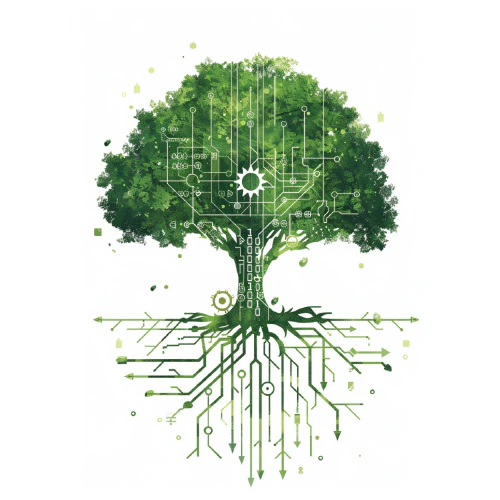
The area of Green Software Development, or Sustainable Software Development, is an emerging field in software engineering focused on creating software with minimal environmental impact.

CEDIS
